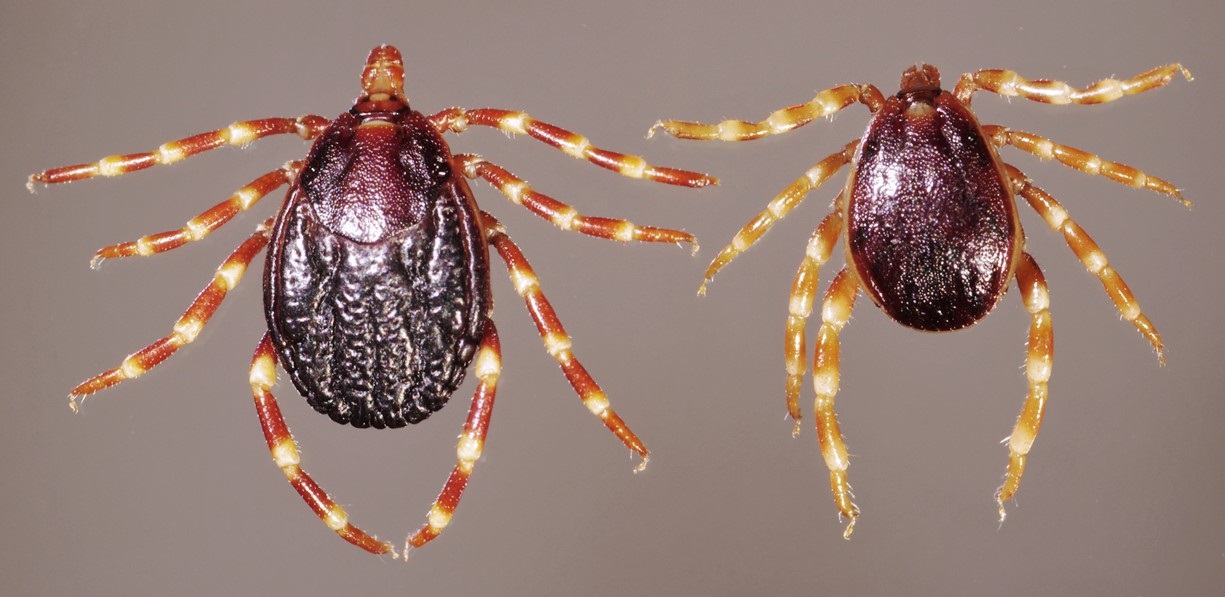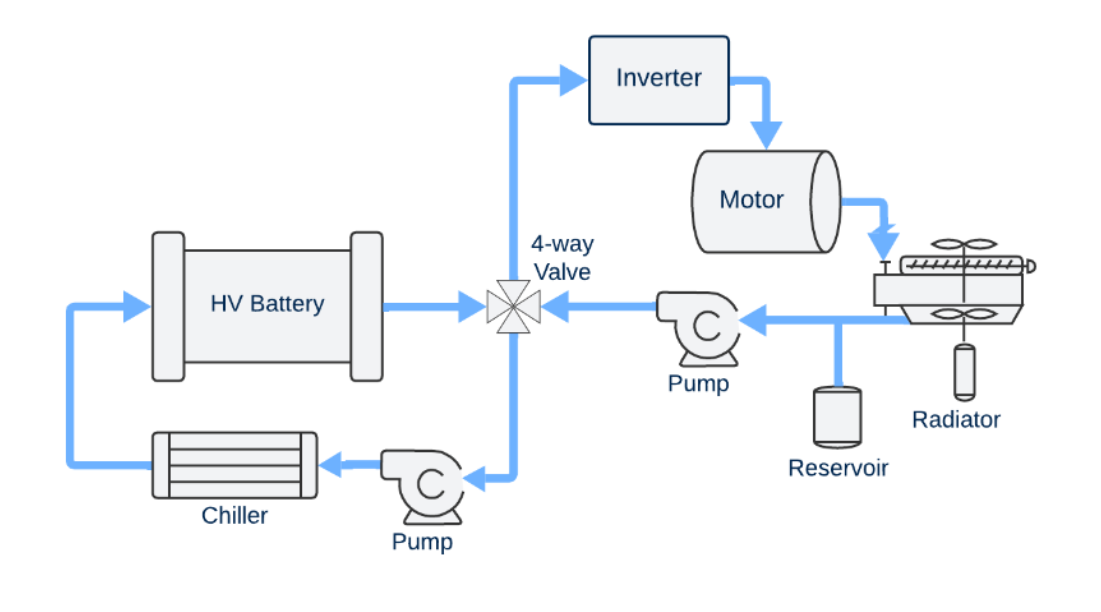Crimean-Congo hemorrhagic fever (CCHF) is considered one of the most dangerous yet neglected infectious diseases worldwide. Transmitted through ticks and livestock, the virus triggers sudden high fever, internal bleeding, and organ failure, with fatality rates reaching up to 40%. Outbreaks have occurred across regions of Africa, Asia, Eastern Europe, and the Middle East. Despite years of scientific effort, no approved treatment or vaccine has been available.
A new study published in npj Vaccines has now brought renewed hope. Scientists — including biomedical researcher Scott Pegan from the University of California, Riverside — have created a vaccine using a harmless, non-replicating version of the CCHF virus. The experimental vaccine not only offers rapid protection but also maintains immunity for an extended period.
Earlier work by the same team showed that a single dose could provide protection in as little as three days — an unusually fast response for any vaccine. The latest findings reveal that this protection is long-lasting as well.
Researchers examined how durable the immune response was after giving mice one or two doses. Antibodies remained detectable for up to 18 months, which would roughly translate to several years of immunity in humans. For the first nine months, antibody levels were similar in both groups, but mice that received a booster shot developed stronger and more stable immunity.
According to Pegan, developing a vaccine for CCHF has always been particularly challenging.
“You can’t make an effective CCHF vaccine by using only the virus’s surface proteins,” he explained.
The team therefore used a different strategy, creating what’s known as a virus-like replicon particle. This particle behaves like the virus when entering cells but cannot reproduce because it lacks the genetic material required for replication. This allows the immune system to mount a robust response without causing illness.
A key strength of the vaccine is the viral component it targets. Instead of focusing on outer proteins, it trains the immune system to recognize an internal protein called the N protein. Pegan noted that their earlier studies showed this hidden protein plays a crucial role in providing protection.
This unusual approach also explains why the vaccine works so quickly.
“We were surprised to see how fast the antibodies appeared,” Pegan said. “That rapid response is one reason this platform is succeeding where others have failed.”
The new results showing long-term immunity further strengthen the promise of this CCHF vaccine. A single dose provides substantial protection, while a booster ensures more consistent and long-lasting immunity.
This could be especially important in areas experiencing outbreaks, where people may not be able to return for multiple vaccinations.
The next step for the research team is to begin large-scale production under Good Manufacturing Practice (GMP) conditions — an essential requirement before human clinical trials can start.
Beyond CCHF, this vaccine platform could be adapted for other dangerous viruses. Researchers at the U.S. Centers for Disease Control and Prevention (CDC) are already testing it for pathogens such as Nipah virus.
The team believes that a fast-acting, long-lasting vaccine could make a significant impact, particularly for healthcare workers and communities living in CCHF-endemic regions.
The study was conducted in collaboration with scientists from the CDC, the U.S. Department of Agriculture, and Auburn University, and received funding from the CDC and the National Institute of Allergy and Infectious Diseases.








